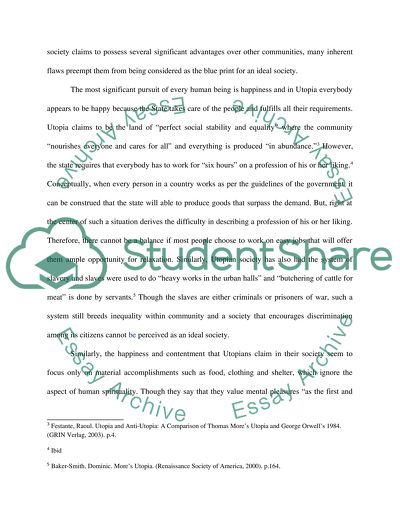Cite this document
(“Utopia: An unfulfilled promise Essay Example | Topics and Well Written Essays - 2500 words”, n.d.)
Utopia: An unfulfilled promise Essay Example | Topics and Well Written Essays - 2500 words. Retrieved from https://studentshare.org/literature/1403058-utopia-essay
Utopia: An unfulfilled promise Essay Example | Topics and Well Written Essays - 2500 words. Retrieved from https://studentshare.org/literature/1403058-utopia-essay
(Utopia: An Unfulfilled Promise Essay Example | Topics and Well Written Essays - 2500 Words)
Utopia: An Unfulfilled Promise Essay Example | Topics and Well Written Essays - 2500 Words. https://studentshare.org/literature/1403058-utopia-essay.
Utopia: An Unfulfilled Promise Essay Example | Topics and Well Written Essays - 2500 Words. https://studentshare.org/literature/1403058-utopia-essay.
“Utopia: An Unfulfilled Promise Essay Example | Topics and Well Written Essays - 2500 Words”, n.d. https://studentshare.org/literature/1403058-utopia-essay.


